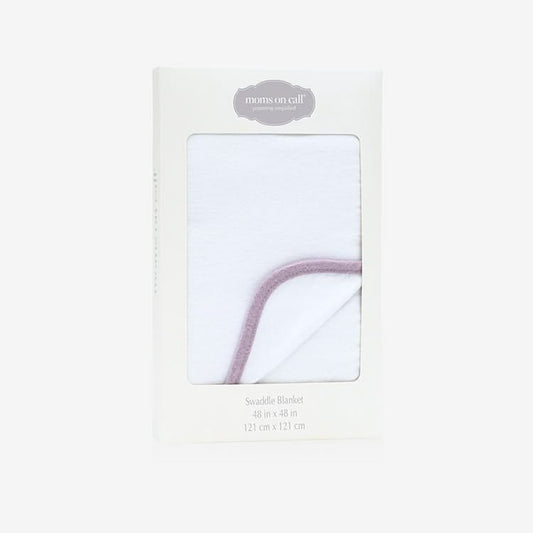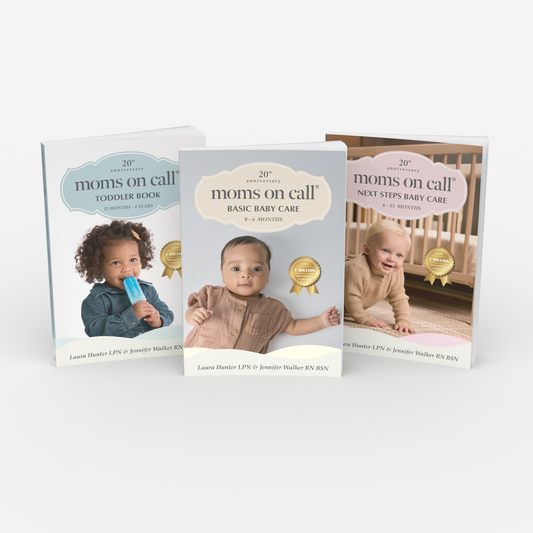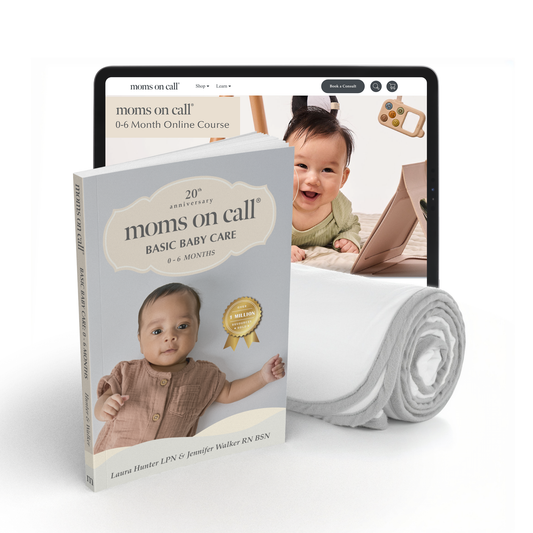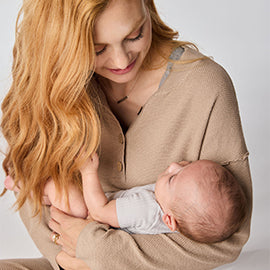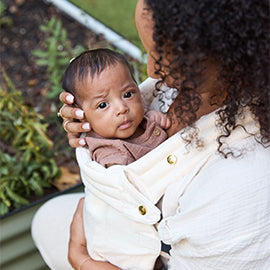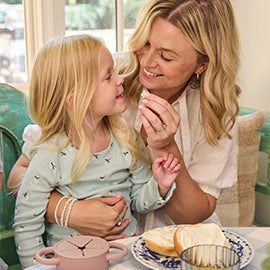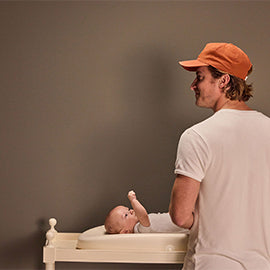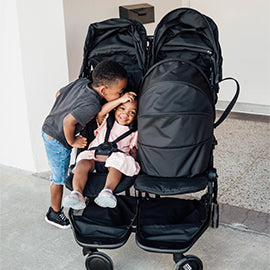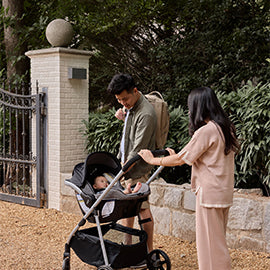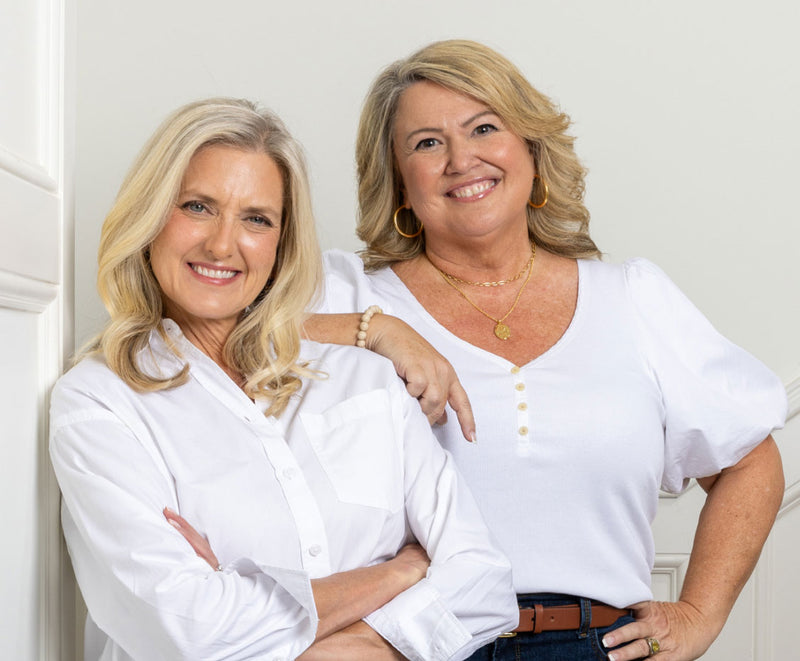Last year we found ourselves in unexpected territory. Our littlest, Audrey, had been complaining of chest pain (explained by a 4 yr old as “My hiccups hurt!" while pointing to her chest) for about a week straight. We passed this off as pain associated with constipation but still made sure to mention it to her pediatrician at her next visit. We were then written a referral to see a cardiologist just to be sure it wasn’t anything serious.
This was during the COVID pandemic and going to the doctor wasn’t what it used to be. No family or spouse was allowed to be there and, in our minds, we had ruled out any issues before we stepped foot inside. So Audrey and Mommy set off to the doctor alone!
They began with an EKG, which came back great. Afterwards, we met with the doctor to discuss why we were there. At this time, the doctor listened to her heart and thought she heard a murmur which she wanted to rule out with an echocardiogram. This is when they located a Patent Ductus Arteriosus Murmur (PDA), one of the many Congenital Heart Defects that affect 1 in every 100 babies. Typically, a PDA closes on its own and, up until now, there had been no warning signs. The doctor filled me with information and options. I sat there in awe. I wasn't even sure how to explain this to my husband over the phone. So, I did what most parents do, Googled a picture to try and understand it myself. (I could hear myself say it, "step away from google!") Don't worry, my husband said it too, HA. I read what I needed to understand what I could and wrote down questions I had for the doctors we would meet in preparation for her modification.
We are so thankful to have gone that day and blessed that the modification to “fix” her heart defect is minimal (if you can call any type of heart surgery minimal) with an interventional PDA closure (Not all murmurs need medical intervention). In our household, we like to use the word "modify" or "add to" her heart, because it is not broken! Uncertainty settled in, how do we explain this to a 4 year old, what’s the right way to go about it and what does an interventional surgery even look like for a child? Ahead of the surgery, we were able to meet and speak with her team at Children’s Healthcare of Atlanta & Sibley Heart Center, which eased our minds. So, like I said, I asked ALL the questions and surrounded our family in support through friends and family.
Passing on this information to our child was what I felt was most important. Giving her enough details to understand, without filling her with fear. Little ones feed off of our feelings and they can understand a lot more then we give them credit for!
This is how we have prepared for Audrey’s Big Day.
- Every few nights our book of choice is Franklin Goes to the Hospital.
- Why do we love this book? In the book, Franklin talks about his feelings and learns about what surgery day looks like.
- Then we talk about what her surgery day will look like and the sweet doctors we’ve met at CHOA and Sibley Heart who will take care of her on that day.
- Afterwards we listen and discuss any questions she has.
- We pray!
- Each night, as part of our bedtime routine we pray. Audrey joins in with all the things she is thankful for. Which, for a 4 year old, means she sounds off the entire family and pretty much every toy she owns! We thank God for our health and to continue to watch over our little ones, especially on this important day!
We try to keep in mind what this looks like for her by using words she can understand and what the day will look like for her at the hospital. This isn't just to ease her mind, but ours as parents too. Preparing her to not be fearful has prepared our family in many ways!
